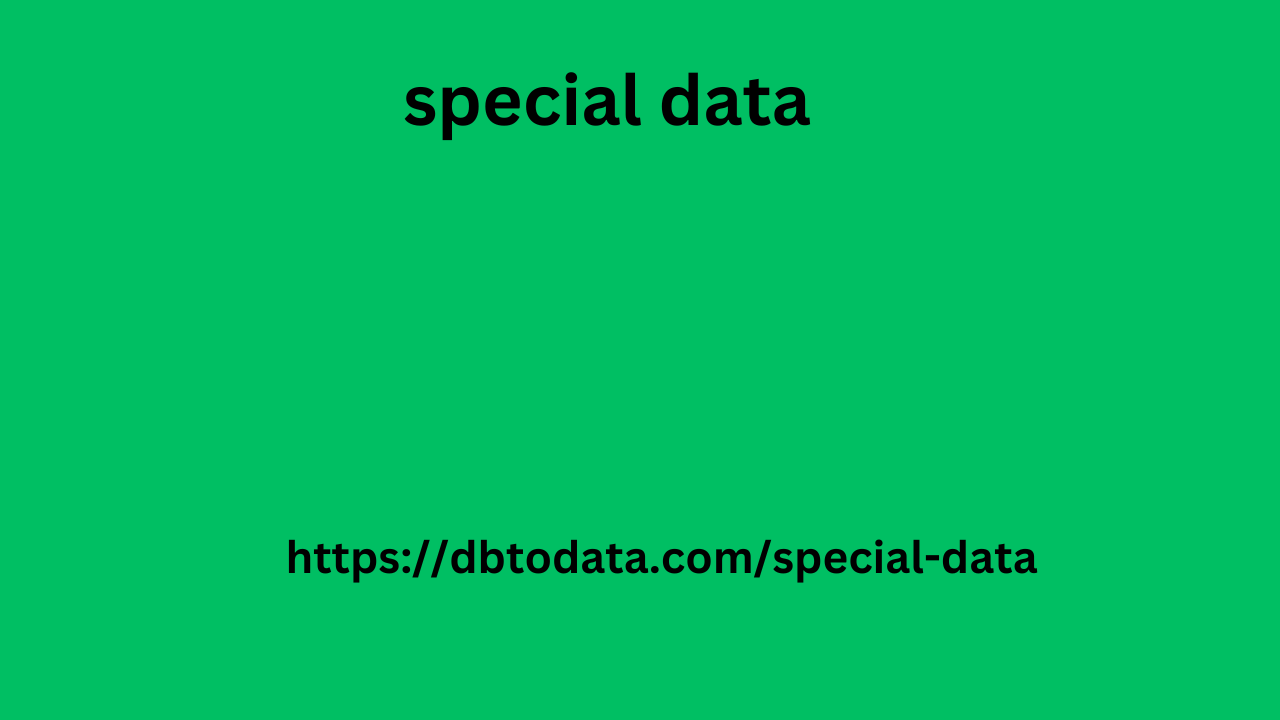Advanced Levels of Google Analytics Everything You Need to Know About Smart contracts are gaining popularity, though the term itself dates back to 1997. Nick Szabo coined the term, describing it in relation to having a ledger that stores contracts. Smart contracts are completely digital contracts that are stored in the blockchain. Smart contracts have two defining features: they are immutable, meaning they cannot be changed once they are created, and they are distributed, which means that all parties involved need to validate the contract.
There are a number of blockchains that support smart contracts,
the most prominent of which is amazon database Ethereum, which uses Solidity as the computer Advanced Levels of Google Analytics program to code the contracts. Once the conditions of a smart contract are met, the transfer occurs automatically. The transactions that occur in accordance with the contract are stored publicly on the blockchain – and, importantly, they are encrypted. This makes the possibility of changing records incredibly difficult for hackers.
Smart contracts work using automated triggers, which is what sets the transaction in motion once the conditions are met, resulting in instant confirmation. This can speed up the process, efficiency and accuracy involved in traditional agreements since there is less of a paper trail and no need for a middle man to be involved in the process.
That said, the essence of traditional contracts remains, including an offer with the possibility of acceptance, and the conditions of validity including the capacity, formality, legality, certainties and possibilities. Smart contracts apply this with pre-written logic that will self-execute when agreements are reached. The conditions dictated in a smart contract can be date-driven or event-driven.
The Benefits of Smart Contracts
There are a multitude of benefits related to smart contracts, including:
- Risk reduction
- Cost savings
- Fewer errors
- Speedy transactions
- Transparency and traceability in the blockchain
- No doubt in the process
- No trust in third parties is required
- Increased security with encryption
- Anonymity between parties
- Allows multiple parties that don’t know or trust each other to transact
- Clarity
- Predictability
- Decentralized transactions
While smart contracts have a multitude increase your chances of success by creating opportunities every week of benefits, there are also some drawbacks. For one, it depends on off-chain data. This is listed as a benefit but can be a double-edged sword, depending on the nature of the transaction. It also leaves less room for linguistic nuance and negotiation, since the contract is pre-written, coded, and set without the possibility of changing for any reason whatsoever. Without being able to make any modifications or rectifications, the ability to include discretion, reasons, or judgement is not possible.
Due to this, smart contracts will not be able to
fully replace traditional contracts and instead work better in some instances than others. One of the most prominent uses of smart contracts is in the trading of titles to assets. This is also going to become increasingly used in the metaverse. Another key differentiator between traditional-style con telema data tracts is that these are often about promising to uphold stipulations, whereas smart contracts require a promise to be fulfiled for the contract to become valid. It is a transaction, rather than an ongoing promise. Furthermore, the removal of authorities in the process means legalities needn’t technically apply.
Smart Contracts Serve Multiple Purposes
Smart contracts can be used for a variety of purposes, including:
- NFT transactions
- Digital identity
- Records
- Securities
- Financial recording
- Creative industry payments
- Loyalty and reward systems
- Gaming
- Gambling
- Vendor contracts
- Supplier contracts
- Decentralised finance (DeFi)* transactions
*DeFi encapsulates the following: eWallet, Transparent, Permission, Financial, Identified, Digital Asset, Decentralised, Blockchain.
As blockchain technology becomes the norm, the use of smart contracts will increase. It is important for all those who will be using these to understand what they are and how they are used. Smart contracts are expected to be used for both personal and professional purposes.
Without having a middleman or third party involved in transactions, people can avoid the stand regulations that have been put in place by authorities. This is because the need for a central exchange is removed, and people can trade their coins at will. This reduced the costs involved in making transactions.
Smart contracts have specific working written into the code, such as “if” or “when” xyz occurs, “then” such and such will result. The program will verify these predetermined conditions and execute the actions as a result. Examples of this include registering an item or releasing funds. The blockchain is updated accordingly once the transaction has been completed, and this cannot be changed.
Since smart contracts are still in their early phase, best practices are still unfolding. To date, hybrid contracts that include both text and code are recommended for full visibility regarding the contents of the contract. It is also recommended that the developer creating the contract is properly vetted to ensure that no coding errors occur. It is also worth noting that smart contracts are expected to evolve into new ways of establishing agreements, rather than simply replacing traditional ones or porting those to the digital realm.
What You Need to Know About Smart Contracts
In the simplest terms, smart contracts are self-executing coded contracts when terms are met between buyer and seller. These agreements include conditions that need to be met which are encrypted, stored and recorded in the blockchain. Smart contracts are expected to become more widely used for a wide range of agreements and transactions due to their nature and the number of benefits associated with these instant transactions.
Nexa is excited about using smart contracts. Reach out to us to learn more about these and how they can benefit your business.

